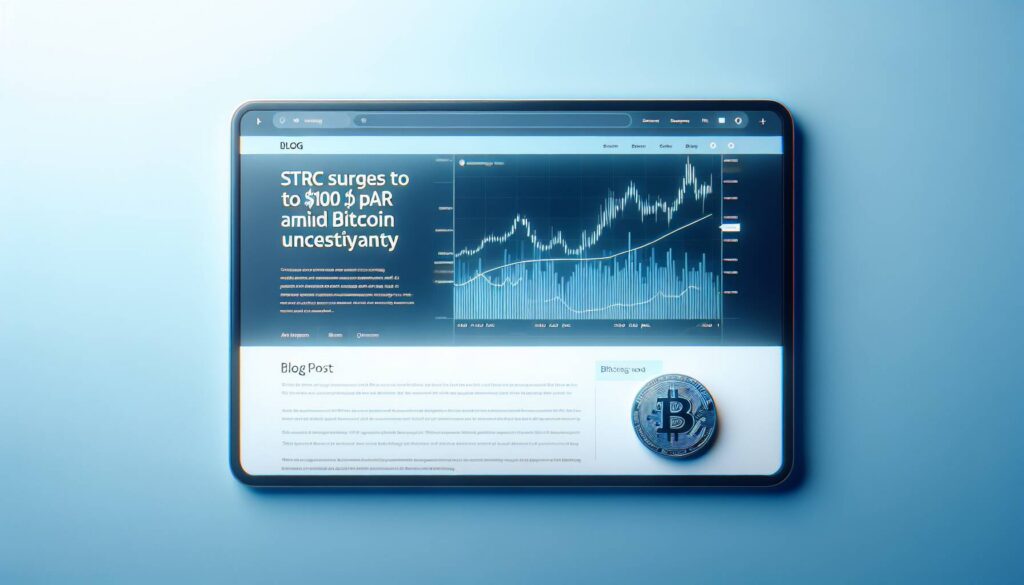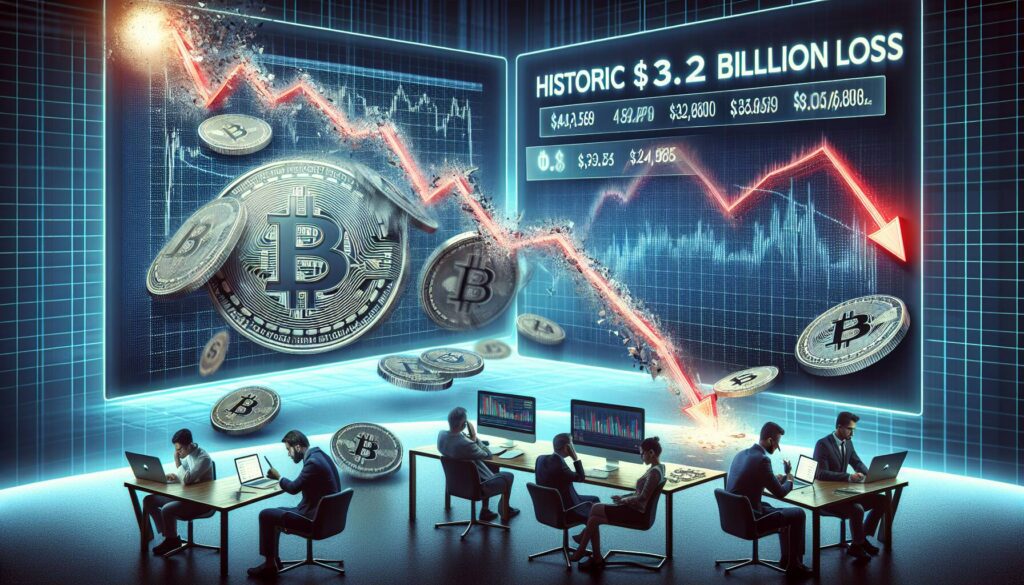In the ever-changing landscape of cryptocurrency, a recent surge in interest has been ignited by a new entrant in the memecoin arena: an unofficial GameStop-themed token built on the Solana blockchain. This surge is largely fueled by speculative excitement surrounding GameStop, the well-known video game retailer, as reports suggest that the company may be contemplating the addition of cryptocurrency to its balance sheets.
The merging of the gaming culture with the cryptocurrency movement has created a buzz, capturing the attention of both seasoned investors and casual enthusiasts alike. Memecoins, which have gained popularity for their playful branding and potential for rapid price swings, often thrive on community engagement and online chatter. The GameStop Solana-based token seems to be tapping into the same fervent fanbase that previously drove the stock into a frenzy, highlighting the dynamic interplay between traditional retail companies and the vibrant world of digital currencies.
As speculation mounts about GameStop’s potential move into crypto, the market is being watched closely, with many wondering how this could reshape the narrative for both the retailer and the greater crypto ecosystem.
The Solana blockchain, known for its speed and efficiency, provides an appealing platform for this new memecoin, promising lower transaction costs and quicker confirmation times, which are crucial for the fast-paced trading environment typical of memecoins. As the cryptocurrency industry continues to evolve, developments like these underscore the possibility of traditional businesses integrating digital assets into their operations, a trend that seems to be gaining momentum.
With the tides shifting and speculation rampant, the unofficial GameStop memecoin is a clear example of how traditional retail and cryptocurrency can intersect, bringing both excitement and uncertainty to the market. Investors are paying close attention to how this scenario unfolds and what it might mean for the future of these emerging digital assets.
Surge of GameStop Solana-Based Memecoin
The recent speculation surrounding GameStop and its potential move to incorporate cryptocurrency into its balance sheets has caused notable market reactions. Here are the key points to consider:
- GameStop’s Interest in Cryptocurrency: GameStop is reportedly considering adding cryptocurrency to its balance sheets, which could signal a shift in strategy for the retailer.
- Impact on Memecoins: The unofficial Solana-based memecoin associated with GameStop experienced a significant surge in value, reflecting market speculation and excitement.
- Market Reactions: Investors’ reactions to GameStop’s rumored plans indicate a growing interest in integrating traditional retail with the crypto market.
- Potential for Investor Profits: The rise of the GameStop memecoin illustrates the potential for substantial gains in investments tied to trending speculative assets.
- Market Volatility: This surge highlights the volatility often associated with memecoins and the crypto market, serving as a reminder for investors to proceed with caution.
This situation shows how traditional businesses adapting to crypto trends can affect digital asset valuations and investor interest.
Understanding these dynamics can help readers navigate their investment strategies in an increasingly interconnected financial landscape.
GameStop’s Memecoin Surge: Insights on Competitive Dynamics
The recent buzz surrounding an unofficial GameStop Solana-based memecoin has set the crypto community ablaze. This surge, driven largely by rumors that GameStop might be integrating crypto into its financial framework, highlights a significant intersection of retail and cryptocurrencies that few have dared to explore.
Comparatively, this rise mimics trends seen in the early days of Dogecoin and Shiba Inu. These assets capitalized on social media-driven hype to achieve dizzying market caps. However, GameStop’s foray into crypto offers unique advantages. For one, leveraging its established brand can potentially attract a loyal customer base that could convert into crypto enthusiasts. Further, as a retailer, it stands to gain from accepting digital currencies, appealing to younger demographics that favor both gaming and digital currencies.
On the flip side, the volatility of memecoins presents a significant disadvantage. While the potential excitement can lead to rapid gains, it also brings about high risks. Notably, investors driven by FOMO (fear of missing out) may find themselves with depreciating assets in the long run. Moreover, GameStop’s movement into cryptocurrencies could alienate traditional investors who prefer stability above speculative assets, potentially fracturing its existing customer base.
This news stands to benefit gamers and crypto enthusiasts who are looking for alternative investment options and ways to engage with the GameStop brand. However, it might pose challenges for more conservative investors who view such volatile investments with skepticism. As this narrative unfolds, it will be crucial for GameStop to navigate these waters carefully, balancing innovation with financial prudence.
In essence, the surge of this GameStop memecoin could pave the way for a new frontier in retail investment strategies, but it’s a double-edged sword that could either propel the brand into a new stratosphere or lead to significant backlash if the market takes a downturn.
















